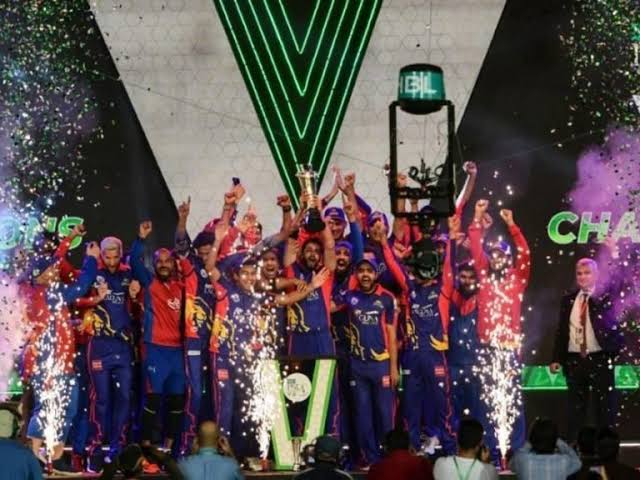The England and Wales Cricket Board (ECB) has reportedly implemented a policy that restricts its players from participating in international franchise leagues that coincide with England’s domestic cricket season. According to a report by The Telegraph, the decision specifically targets tournaments like the Pakistan Super League (PSL) while exempting the Indian Premier League (IPL).

Protecting Domestic Competitions
The ECB’s primary motivation for this policy is to safeguard the quality and integrity of its domestic cricket, including tournaments like the Vitality Blast and The Hundred. Centrally contracted players are now barred from playing in overseas leagues that overlap with England’s domestic white-ball season.
This decision will impact participation in the PSL, which is set to take place between mid-March and mid-April 2025. This timeframe coincides with the start of the IPL, scheduled to begin on March 14, 2025.
Focus on Integrity and Availability
The ECB’s guidelines also address concerns about corruption and players participating in multiple leagues simultaneously—commonly referred to as “double-dipping.” By restricting players from joining tournaments that conflict with domestic schedules, the ECB aims to ensure full availability of its players for key home competitions.
Richard Gould, ECB Chief Executive, emphasized the importance of maintaining cricket’s integrity.
“This policy provides clarity for players and counties regarding No Objection Certificates. It ensures a balanced approach, supporting players who seek opportunities abroad while protecting the strength of cricket in England and Wales,” Gould stated.
Impact on English Players
This ruling is expected to significantly affect English players who were eyeing PSL contracts. Prominent names such as Jos Buttler, Phil Salt, Liam Livingstone, Sam Curran, Will Jacks, and Reece Topley, all of whom were recently picked up for the IPL at the mega auction in Jeddah, will likely miss out on playing in the PSL.
While this decision may limit short-term earning opportunities for players, the ECB believes the long-term benefits—such as enhanced domestic cricket quality and a stronger global reputation—outweigh the drawbacks.
The IPL Exception
Unlike other leagues, the IPL remains exempt from this policy due to its unique scheduling and significance. Many top English players have already secured IPL contracts, ensuring their participation in the world’s most lucrative cricket league.
This policy change signals the ECB’s commitment to prioritizing its domestic competitions while finding a balance in supporting players’ career aspirations globally.


